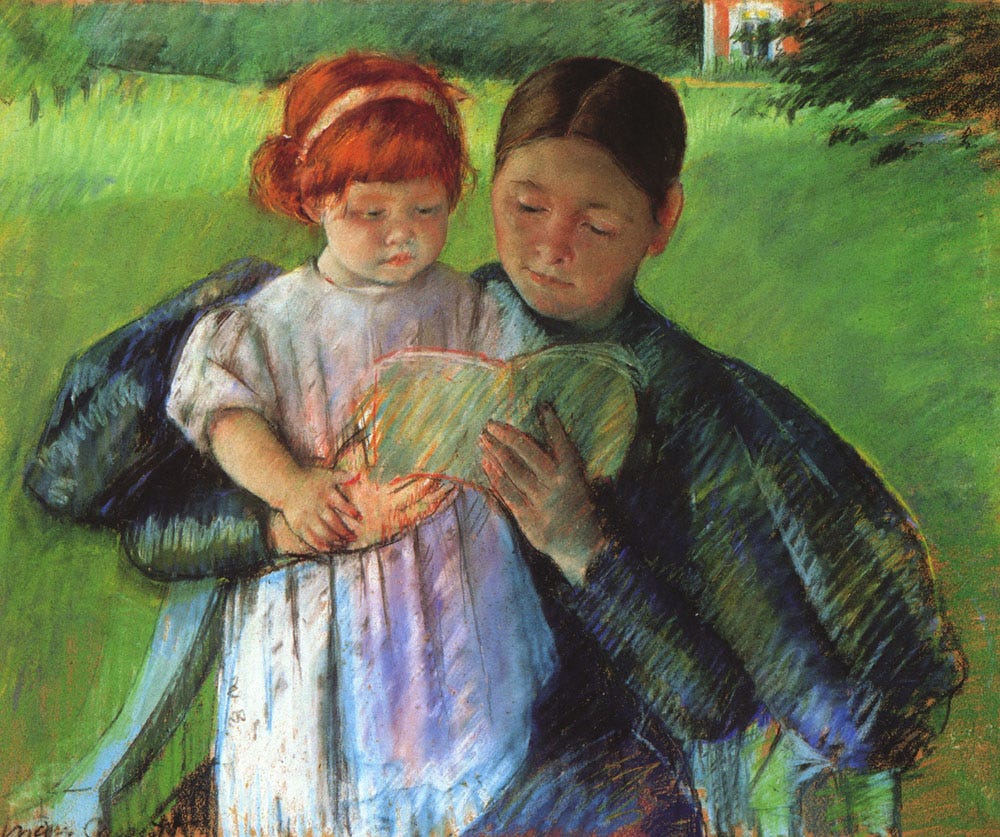
How to Read A Book

Some books are to be tasted, others to be swallowed, and some few to be chewed and digested: that is, some books are to be read only in parts, others to be read, but not curiously, and some few to be read wholly, and with diligence and attention.
- Francis Bacon
Reading a book seems like a simple task. You open up a book/turn on your kindle, then read. Done. And yet: it is not that simple. At least Mortimer Adler didn't think so when he wrote a 426 page book on the subject.
I also don't think it's as simple as opening and reading. All sorts of books exist, and each sort of book should be read in a different sort of way. In fact, I once read an article on precisely this at Art and Interior. There are at least three categories of books: Books to Taste, Books to Be Swallowed, and Books to Be Chewed and Digested. Let's take a look at each.
1. Books to Taste
Many books are not worth spending more than a few minutes on. They may look professional because an editor made them look the part, but they won't stand the test of time. In 50 years, no one will read these books. These are works of un-imaginative fiction, of shallow societal of historical study, or of whatever else. You should taste these books to see what they are about, but they are probably not worth your time.
Of course, you may have some reason why you would read a book like this. Fair enough. But in general you should avoid books that shallowly tell a fictional story or shallowly present non-fictional stories or studies. You only have so many minutes dedicated to reading, why spend them on lesser lights?
Other books are information dumps. Think of a college textbook or the like. The point of this book is to insert knowledge into your brain. You may find that you read the first paragraph and the the last paragraph of a chapter of a book like this. Then you scan through the middle bits. You get the point. But most chapters are not important enough to ponder every word. Some might be.
2. Books To Be Swallowed
Well-researched historical works, theological treatises, and imaginative fiction belong here. People spend their lives studying a subject, and their crowning achievement is a book on their topic of study. These books can and should be swallowed in whole, provided they benefit you.
Many books of this kind appear every year. You can't read them all. But you can read some. Choose books to learn a new field of study or to shore up something that is important to you.
Carlos M. N. Eire's Reformations represents an example of the kind of work I am thinking of. While I have ready very little of the book so far, I can tell that Eire has carefully thought through his subject-matter, and I expect to read large sections of this work. I may not read every word, and I may skip over large sections of Reformations, because it doesn't yet qualify as a book to be chewed and digested thoroughly.
3. Books to Be Chewed and Digested
Some books should not be devoured (a race to cram knowledge into your mind's stomach). Some books should slowly digested, each word carefully chewed before ingesting the pulpy meal: 'The language of digestion encourages slowed-down reading habits (along Slow Food lines). It reminds us to be more attentive to the subtle ways in which texts have been put together by their creators – to think before just bingeing upon pages" [1].
I think of the classics, the books who have stood the test of time. I think of books like Augustine's Confessions, which still benefits readers 1600 years later. I think of Pilgrim's Progress, a book still supplying its readers with spiritual wings. I think of Shakespeare, Chaucer, and others. I especially and preeminently think of the Bible.
To "devour" or speedily digest works such as these is no virtue. When you encounter a person who claims to have read all the classics, who apparently reads many of them a year, you can rest assured that this person probably has read them wrongly.
Take 20 hours to read Augustine's Confessions, not 2 hours. Consider each word, each sentence, each paragraph, each chapter, each argument and think through how it relates to the whole. Argue with yourself as you read. Argue with the author. Formulate new ideas. Write down thoughts. Get lost in thought. Return to the book. Get lost again.
Digestable books provide sustenance to you for many days, even your whole life. Some few books can claim this status, and those few books generally have stood the test of time and take with them the endorsement of those you respect. That's how find books like this. Are they old? Do people you respect like them? Then Pick up and read.
New books may become classics. But you simply cannot tell, since it is new. Fortunately, there are many old books that are classics. Start with them first. By the time you are done, you may find that the "new" book has become a classic. By that time, you will be a wise old reader who has digested the great works of the past.
***
[1] Adams, Louise. https://aeon.co/ideas/is-devouring-books-a-sign-of-superficiality-in-a-reader





